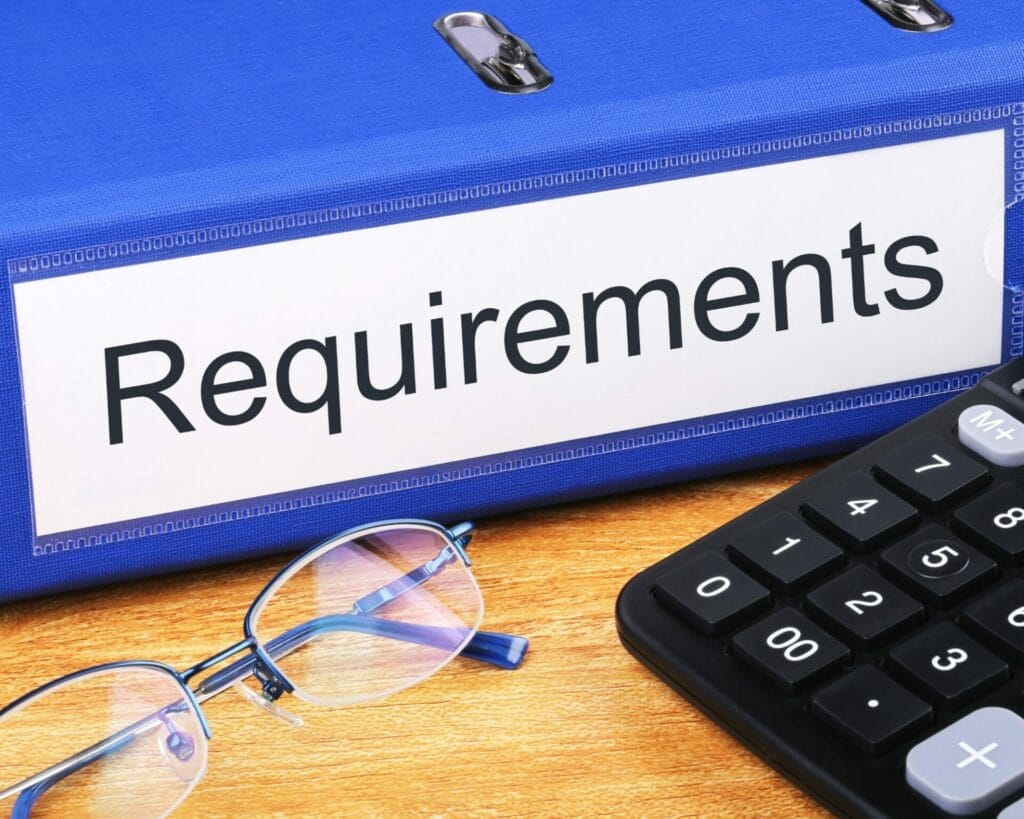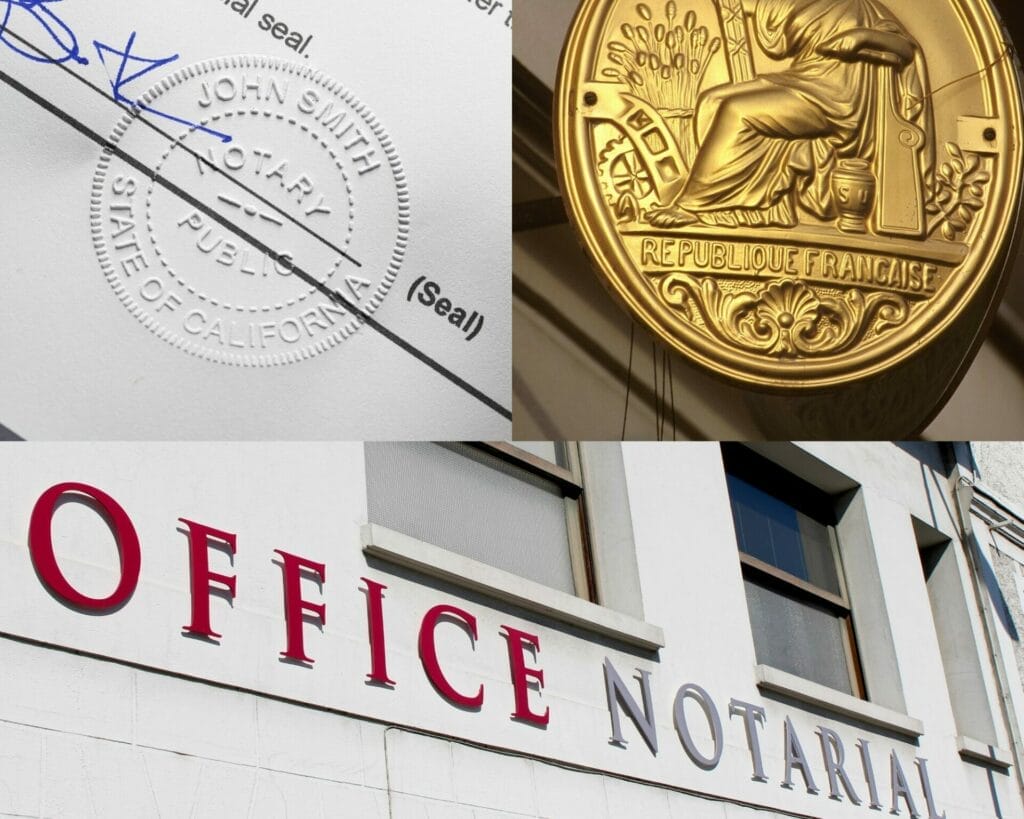Ever wondered about the everyday heroes of paperwork – notaries? Well, these folks play a pivotal role in making sure your documents are the real deal.
Whether it's a property sale or a legal agreement, notaries are the gatekeepers ensuring everything is on the up-and-up.
Here's the kicker – the rules for notaries aren't a one-size-fits-all deal. Nope, each state has its own set of requirements that notaries need to follow.
It's like a rulebook, but every state wrote its own chapter.
So, stick around as we unravel the mystery behind the scenes and break down why understanding your state's notary requirements is a game-changer.

Now that we've opened the notary playbook, let's delve deeper into the rituals that bind notaries across all states.
These are the secret handshakes, if you will, that ensures notaries are equipped to wield their stamping powers responsibly.
Picture this: you're handing over a critical document to someone, trusting them to validate it.
Scary, right? That's precisely why every state demands a strong, up-to-date identity verification process for notaries.
No room for impostors here.
Notaries must flex their ID muscle, proving beyond a shadow of a doubt that they are who they claim to be.
You've seen it – that distinctive stamp on the bottom of documents, a mark of authenticity. Well, it's not just for decoration.
Every notary worth their seal has a unique stamp, boasting their commission number and name.
It's more than a signature; it's a notary's seal of approval, a tangible assurance that your document has passed through the hands of a certified gatekeeper.
Now, let's talk about paperwork's secret life. Both the state and the notary keep a copy of the notary commission. It's not redundant; it's a failsafe.
If ever there's a question about the legitimacy of a notarized document, rest assured – there are records on both ends.
It's a dual system of checks and balances, ensuring that the notary game is played with the utmost integrity. Trust is great, but a well-documented backup plan is even better.
Now that we've gone over the basics, let's zoom in on what makes each state's notary game unique.
It's like diving into a patchwork quilt – every state adds its own colors and patterns to the notary landscape.
Research whether your state offers comprehensive training programs for notaries.
Some states provide a structured syllabus to ensure notaries are well-prepared for their responsibilities, while others may leave training to individual discretion.
A trained notary is better equipped to handle diverse document signing scenarios.
Understand the level of guidance provided by the state. In some regions, there may be programs or resources acting as "Notary Sherpas," guiding notaries through their duties.
Conversely, in states with fewer support systems, notaries may be left to navigate their responsibilities independently.
Check whether your state mandates notaries to obtain a bond.
A notary bond serves as a financial safety net, ensuring that clients have recourse if errors or malfeasance occur during notarial acts.
Some states make it a prerequisite, while others may not have this requirement.
Explore whether your state necessitates notaries to have insurance coverage.
Notary insurance provides an additional layer of protection for notaries and clients in case of errors or omissions.
While some states make it mandatory, others leave it as an optional feature.
Understand the fee structure for notarial services in your state. Different states may have varying fee caps or regulations.
Clarify any additional costs associated with travel, night-time signings, or expedited services to avoid surprises.
Consider the accessibility and availability of the notary. Some states may have more notaries available, making it easier to find one for your needs.
Explore whether the notary is willing to travel to your location, especially for time-sensitive documents.
In the digital age, inquire about the notary's technological capabilities. Some notaries may offer remote or online notarization services, providing convenience and efficiency.
Check if your state allows and regulates these digital notarial practices.
Research the notary's professional reputation. Look for reviews, testimonials, or feedback from previous clients.
A notary with a positive reputation is likely to provide reliable and efficient services.
Ensure that the notary adheres to legal requirements and ethical standards.
Familiarize yourself with your state's notary laws and regulations to verify that the notary conducts their services in compliance with these standards.
Effective communication is crucial in notarial services. Assess the notary's ability to communicate clearly and ensure they understand the nature of your documents.
A notary with strong communication skills can help facilitate smooth transactions.
Considering these factors is how you can make an informed decision when hiring a notary public in your state, ensuring that your notarial needs are met with professionalism, efficiency, and compliance with legal standards.
Now that we've unveiled the notary mosaic, it's time to talk strategy.
Being a notary isn't just about the stamp and the signature; it's about knowing the lay of the land, especially in your home state.
Let's dive into the key considerations every notary should have on their radar.

Consider this the GPS for your notary journey – understanding your state's unique requirements. It's not a one-size-fits-all scenario.
Each state has its own rulebook, and it's crucial to flip through the pages. Take a deep dive into the specifics – from training nuances to whether bonds and insurance are a must.
Your state's requirements are the guiding stars, leading you through the notary galaxy.
When venturing into the realm of effective vetting, consider these insightful tips to distinguish the seasoned notary from the green horns:
In your journey of document notarization, these tips act as your compass, guiding you toward a seasoned notary who can protect your important papers with expertise and reliability.
Compliance isn't just a buzzword; it's the backbone of the notary world. Once you know your state's requirements and have vetted your notary, the next step is ensuring compliance.
Stay updated on any changes in notary laws in your state – it's like staying ahead of the curve.
Remember, compliance isn't just about following the rules; it's about building trust.
So, whether you're a notary or seeking one, keeping things by the book ensures a smooth and trustworthy notary experience.
It's crystal clear that the world of notarization is a patchwork quilt of rules, rituals, and responsibilities.
However, this journey isn't a stroll in the park; it's a nuanced adventure where each state writes its own chapter in the notary rulebook.
Moving into the state-specific obligations, the landscape becomes diverse and varied.
Training, guidance, bonds, and insurance take center stage, and each state adds its unique take on the craft.
Thoroughly understanding your state's unique requirements, inspecting the notary stamp, and probing into financial protection are your tools for a secure and reliable notary experience.
As we bid adieu to this notary expedition, one golden rule stands tall – compliance. Staying on the right side of notary law isn't just a formality; it's the backbone of trust.
So, whether you're wielding the notary stamp or seeking its validation, staying informed and complying with your state's regulations ensures a smooth and trustworthy notary journey.
May your documents be stamped with confidence and authenticity, guided by the wisdom gained on this notarial odyssey. Safe travels!
P. O Box 3670 Everett
Washington, DC 98213
844.414.9224
[email protected]
prestigenotaries.com
